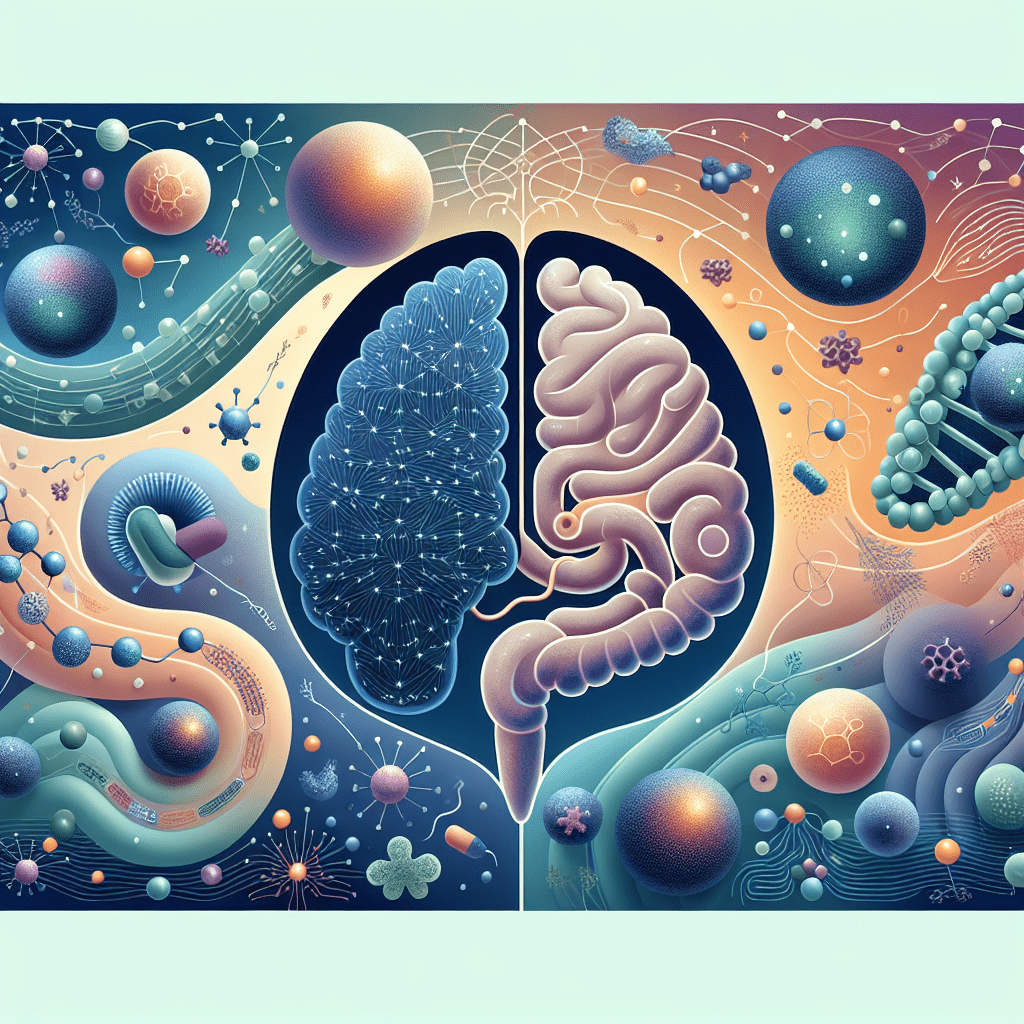
Can Gut Microbiome Tests Help With Anxiety and Depression?
Discover how gut microbiome tests could offer insights into mental health. Learn the science behind the gut-brain connection and whether... Read more
The gut-brain axis is a bidirectional highway where your gut microbiome communicates with your brain, influencing mood, stress responses, and cognitive function. Scientific findings increasingly point to a link between the microbiome and mood disorders, with microbial composition and metabolic outputs affecting inflammatory signaling, neurotransmitter pathways, and the gut’s barrier function. When we talk about the microbiome and mood disorders, we’re looking at how microbial balance and function can influence symptoms of anxiety, depression, and resilience to stress. Practical, science-backed steps—like optimizing fiber intake, managing sleep, and reducing chronic stress—can support both gut health and emotional well-being. InnerBuddies offers a white-label Gut Health Operating System designed to power modern gut microbiome testing products. Key features include a Gut Microbiome Health Index (0–100) based on an exclusive IP deal with EAFIT University in Colombia, giving a clear read on overall gut health; a top 40 bacteria panel showing how you compare to a healthy cohort; and categorized bacterial functions labeled as positive or negative, with benchmarking against healthy references. The platform also provides Target Group analysis, enabling deep dives into how the microbiome affects specific audiences—think Healthy Aging, Endurance Sport, Power Sport, or Skin & Hair Health—and translates these insights into actionable pathways. For personalized nutrition and wellness guidance, InnerBuddies combines data from 3-day food diaries with stool samples to tailor dietary advice and, separately, probiotic and prebiotic recommendations. Learn more on the InnerBuddies microbiome test page: InnerBuddies microbiome test. Practical, day-to-day tips can make a meaningful difference for microbiome and mood disorders. Emphasize a diverse, fiber-rich diet with plenty of fruits, vegetables, legumes, and whole grains to nourish beneficial bacteria and their metabolic outputs. Include fermented foods like yogurt, kefir, sauerkraut, or kimchi to introduce helpful microbes, while avoiding over-reliance on highly processed foods that can disrupt balance. Regular physical activity, consistent sleep, and stress-reduction practices such as mindfulness or breathing exercises support the gut-brain axis. If you’re curious about a personalized plan, InnerBuddies uses your 3-day food diaries and stool data to refine nutrition and probiotic strategies—for ongoing, science-driven support—through its subscription service: InnerBuddies Gut Health Membership. For organizations seeking scalable solutions, InnerBuddies also offers a comprehensive B2B pathway. The same powerful microbiome insights and tools that benefit individual consumers are available to partners, enabling white-labeled products and services that address microbiome and mood disorders at scale. All options available to B2B partners are also accessible directly to consumers, reinforcing a holistic ecosystem for gut health and mental well-being. If you’re a brand or clinician looking to collaborate, explore the InnerBuddies B2B program here: InnerBuddies B2B partners.

Discover how gut microbiome tests could offer insights into mental health. Learn the science behind the gut-brain connection and whether... Read more